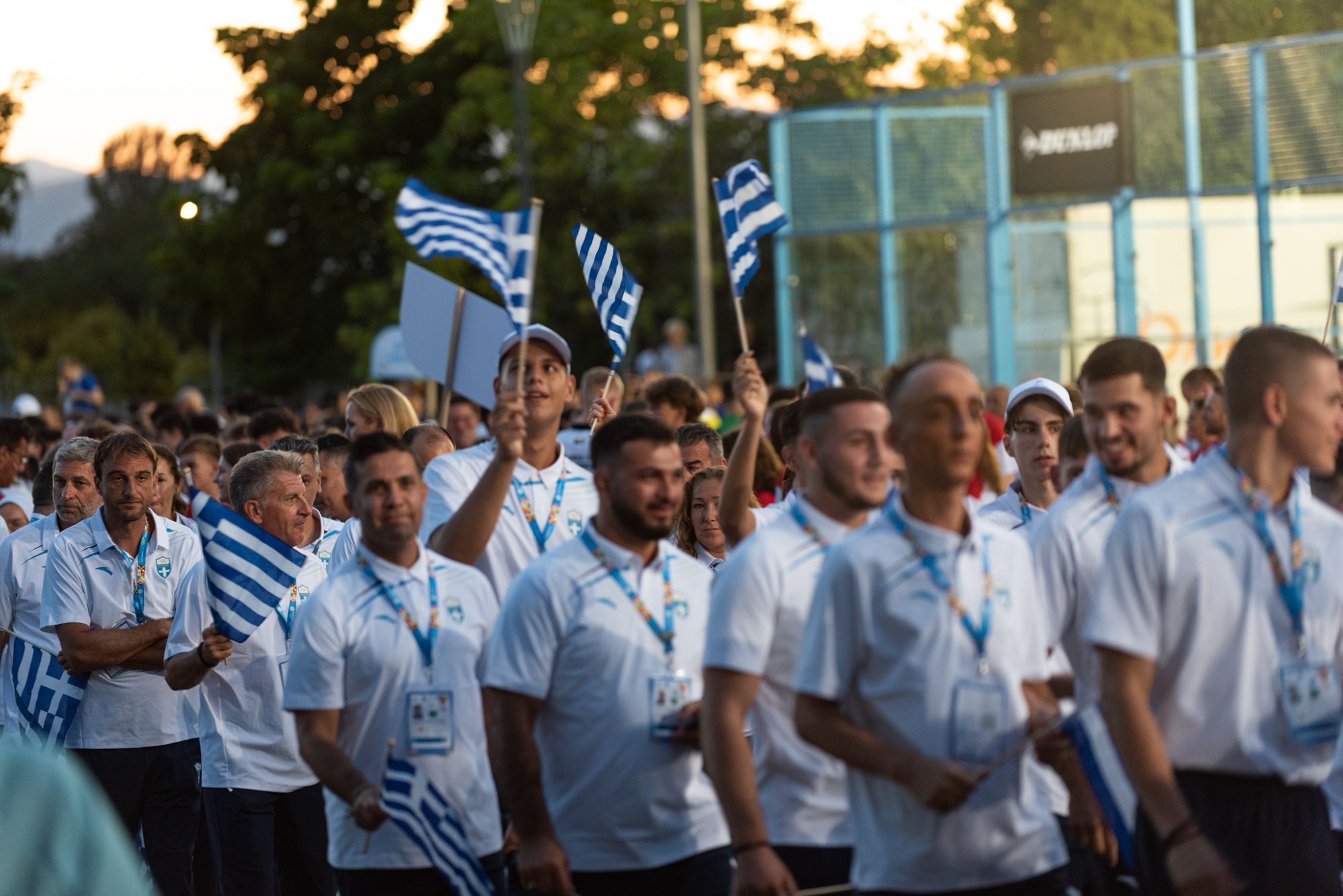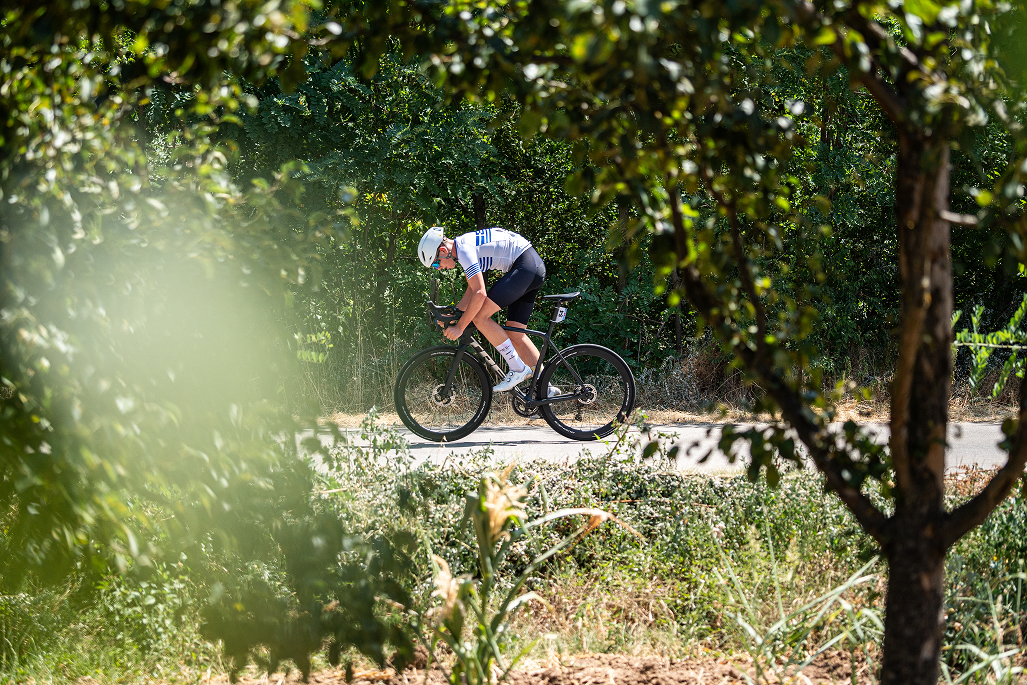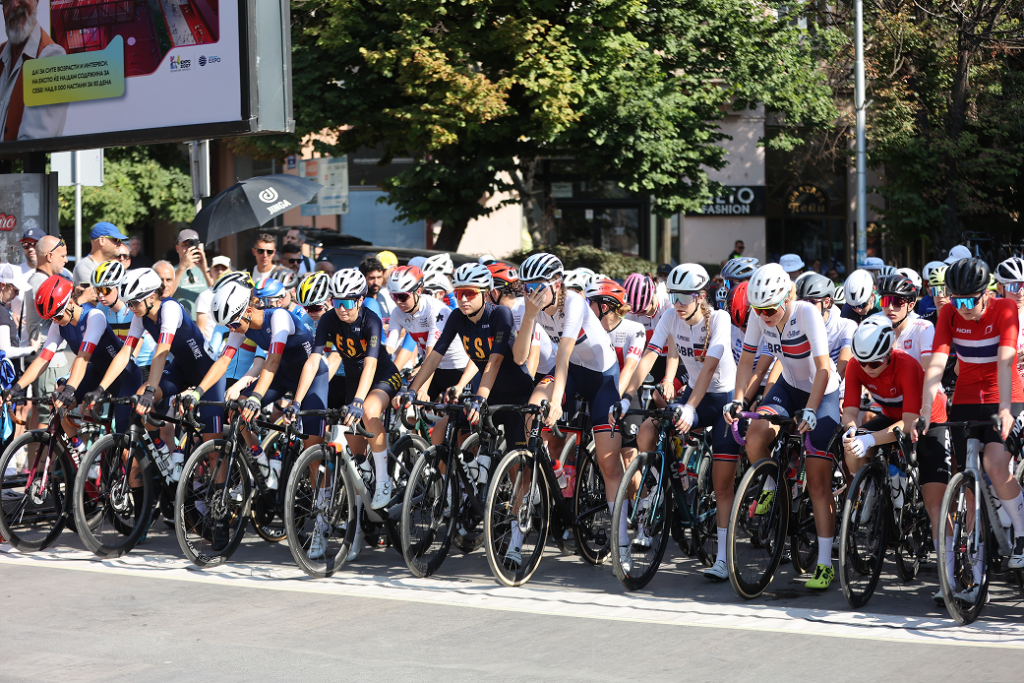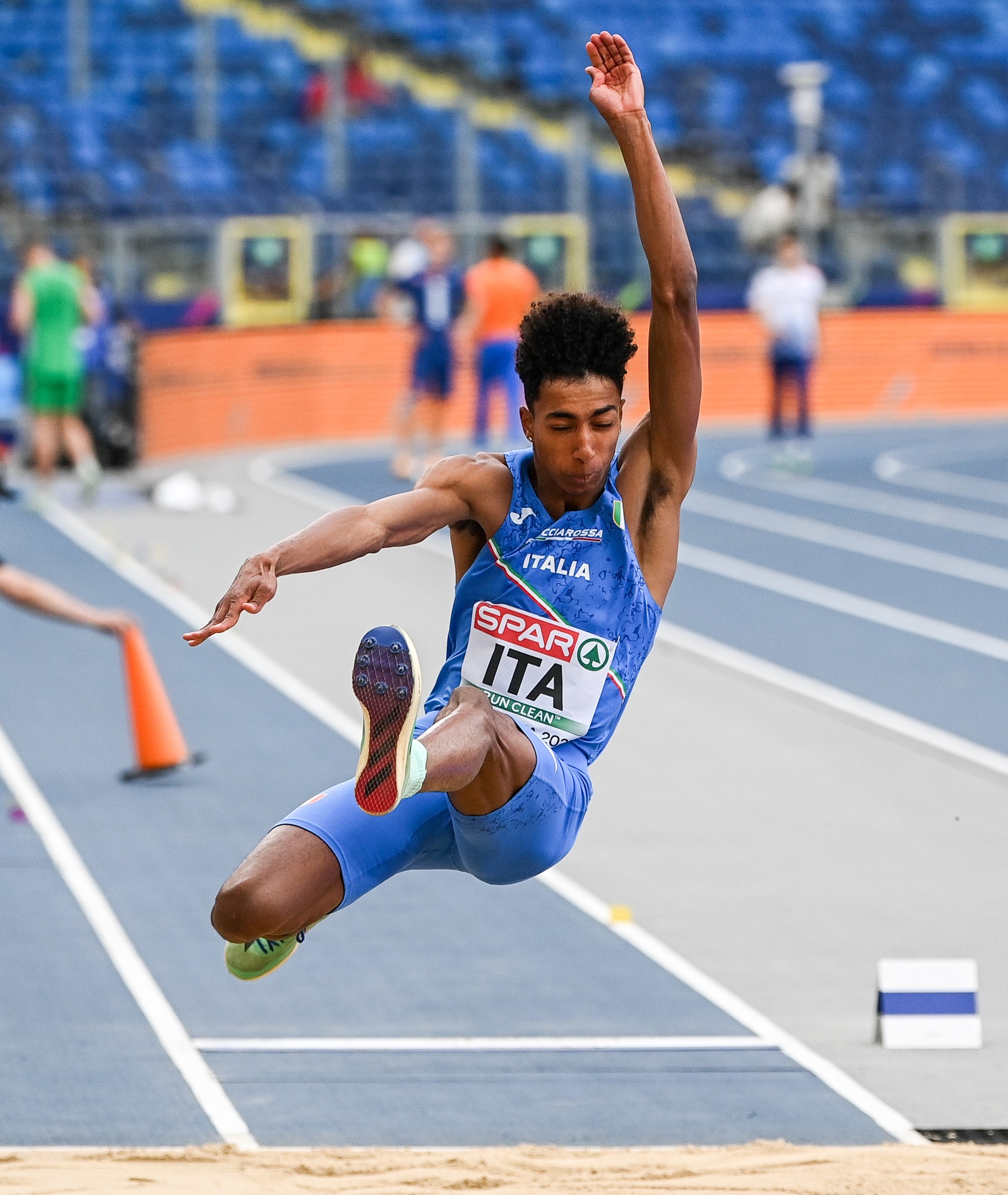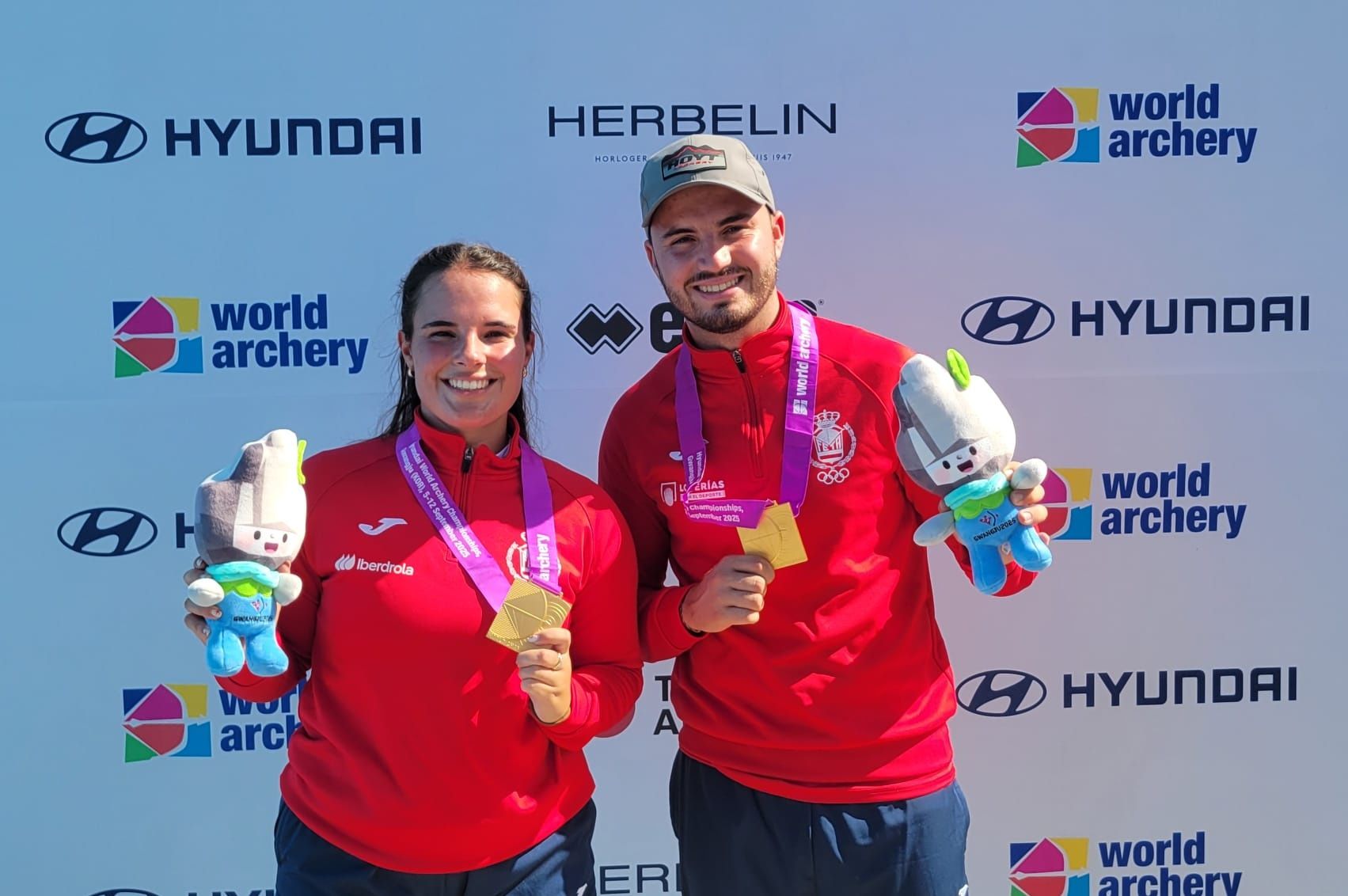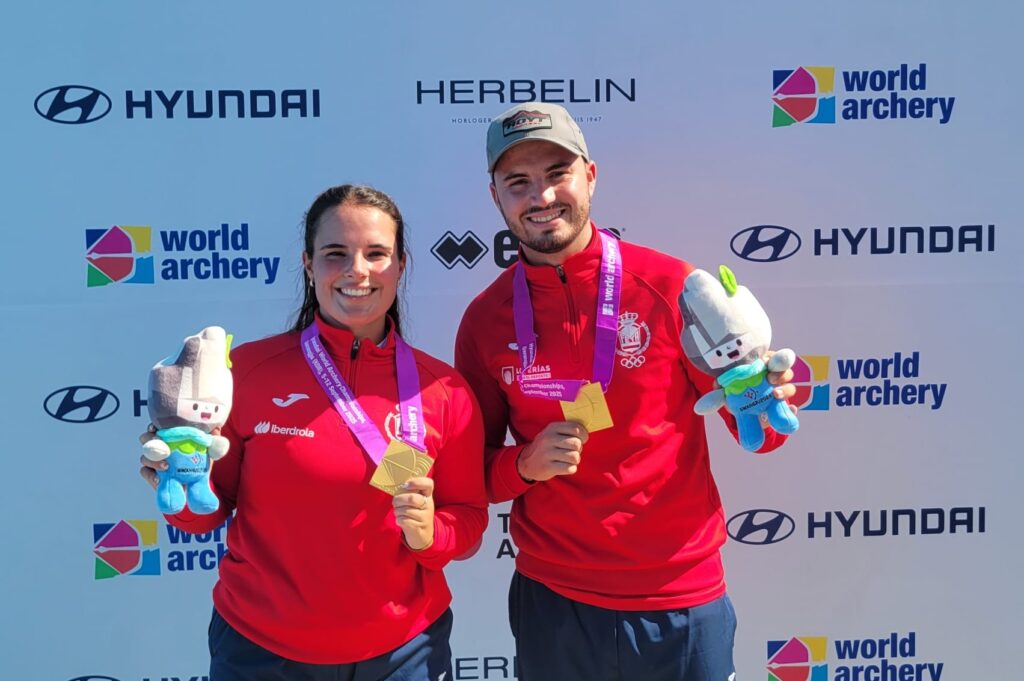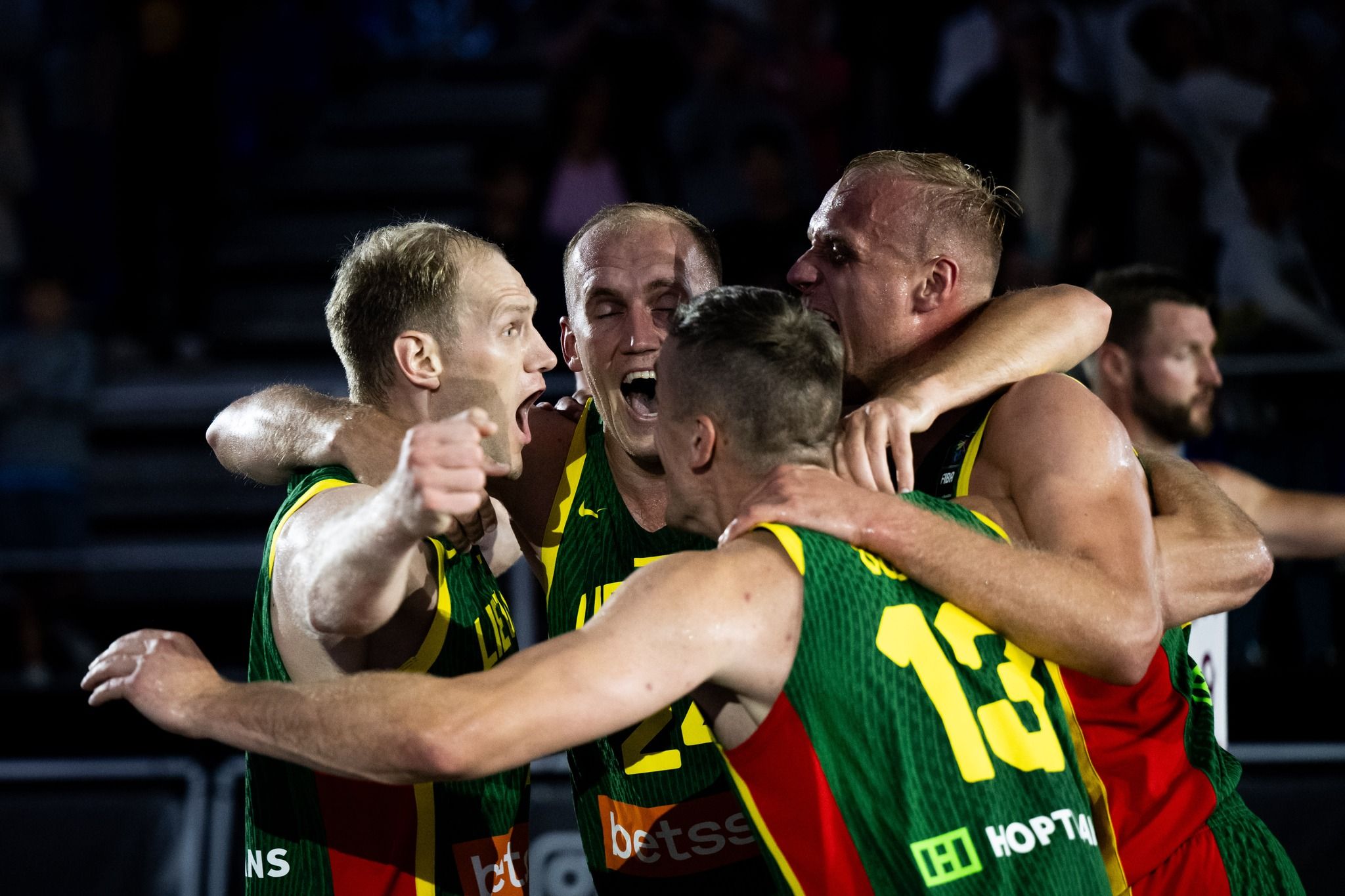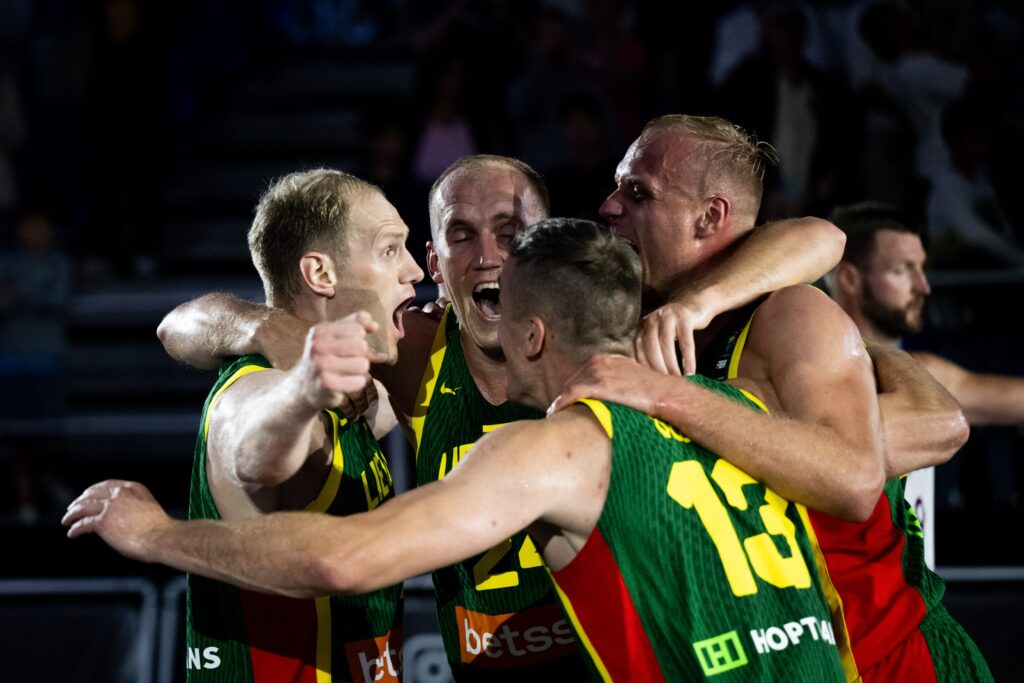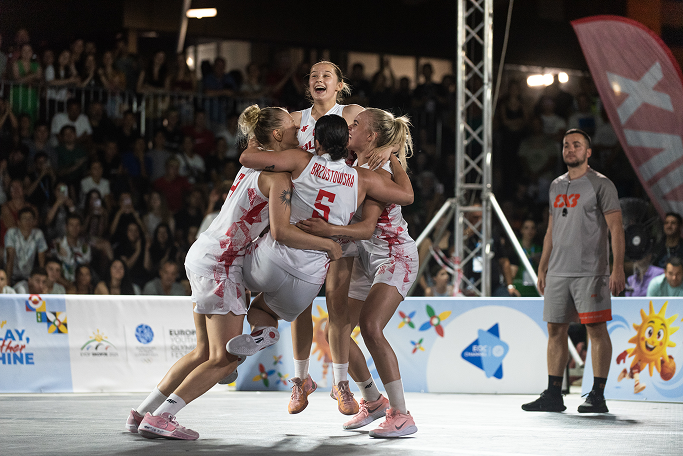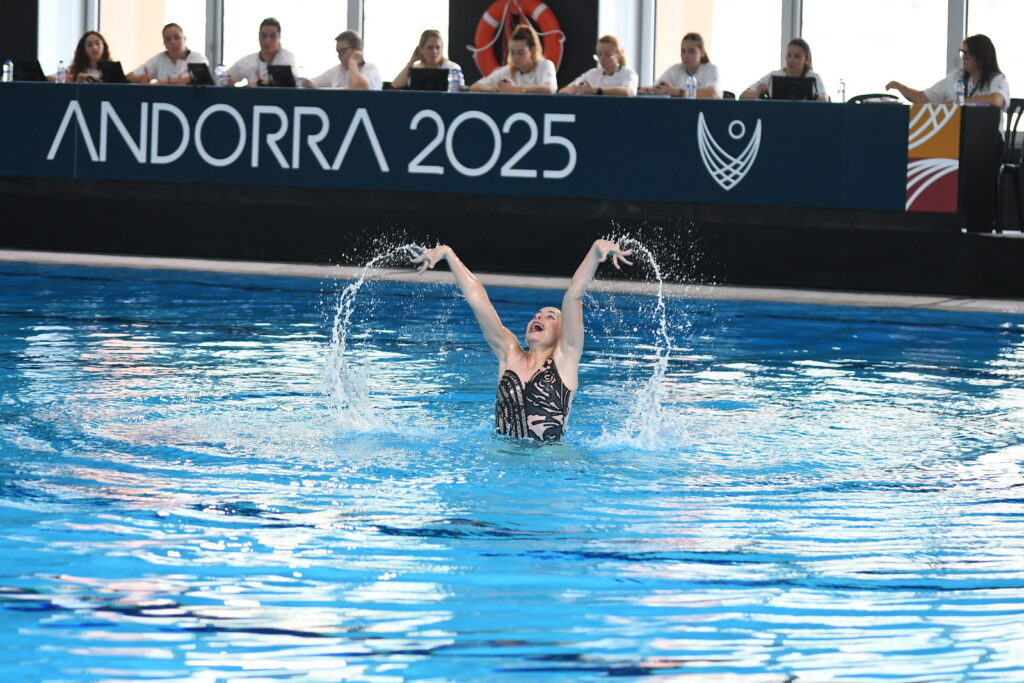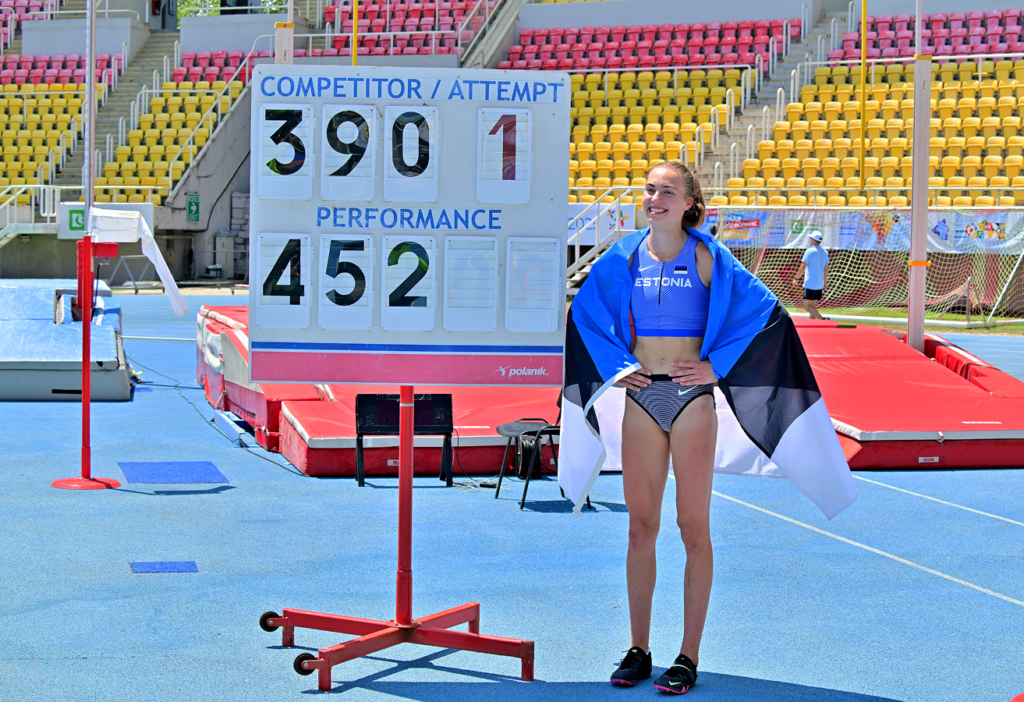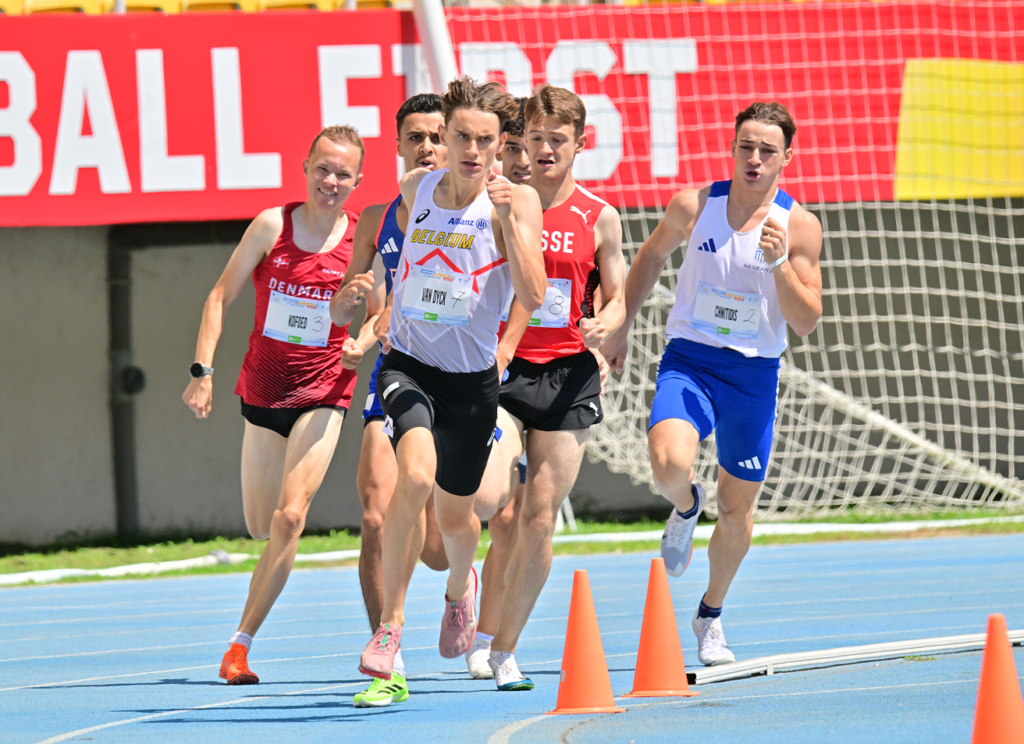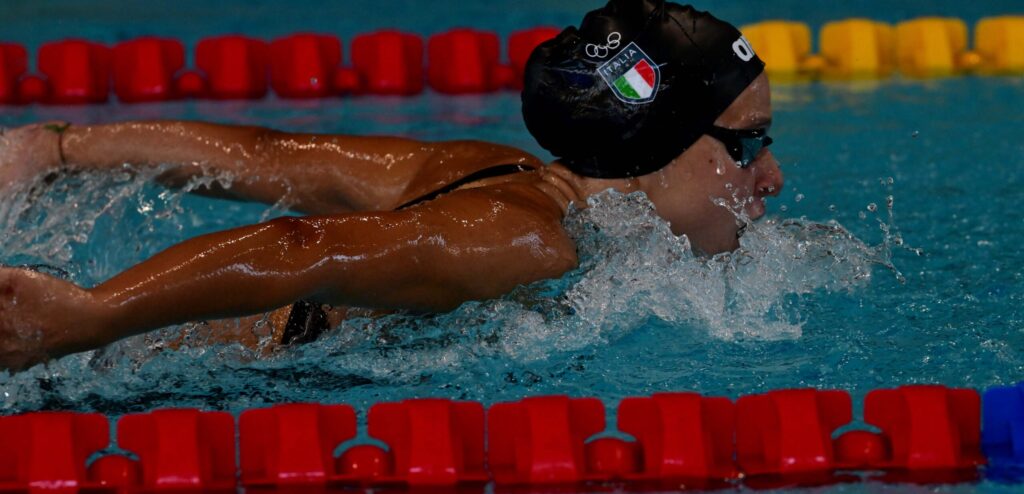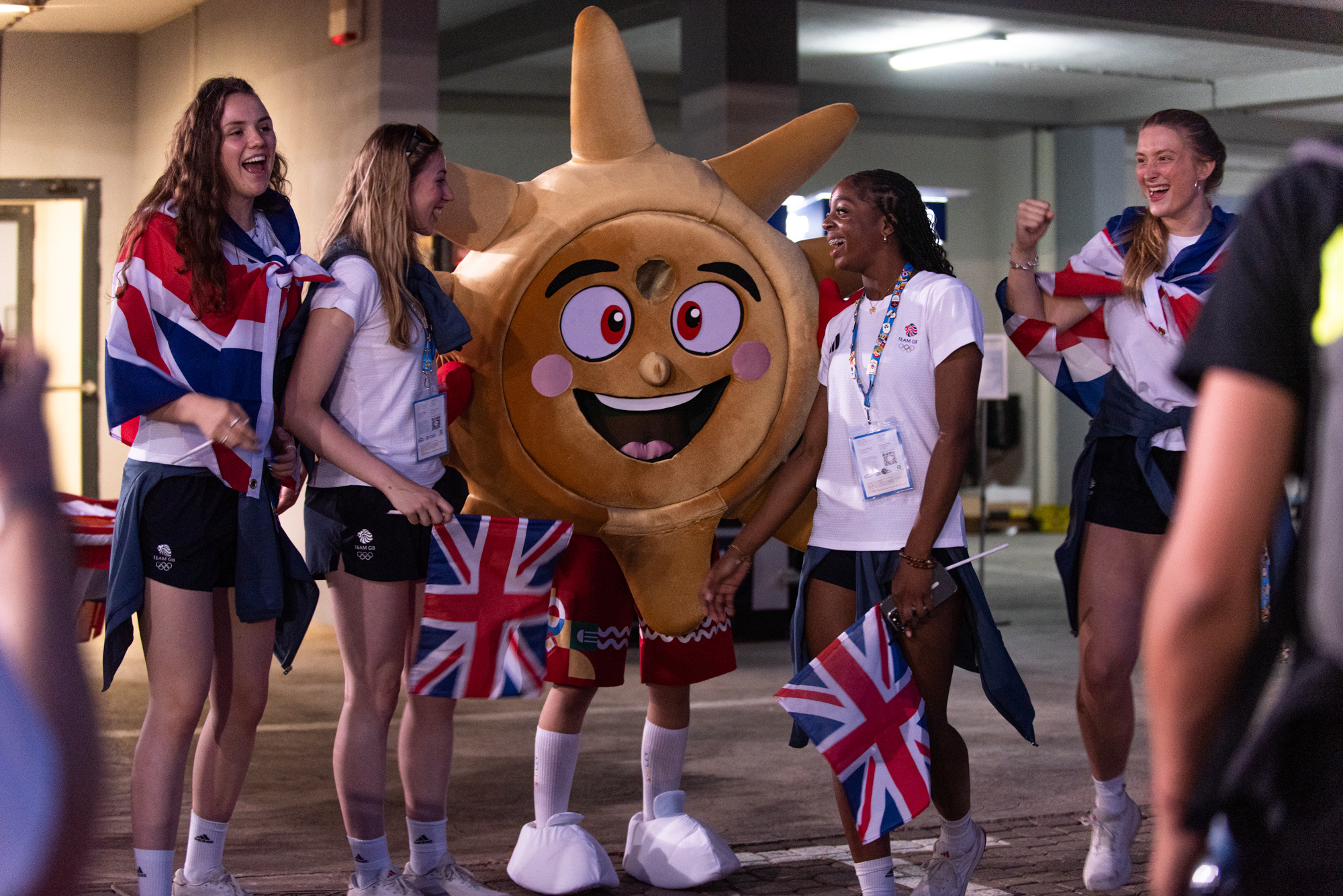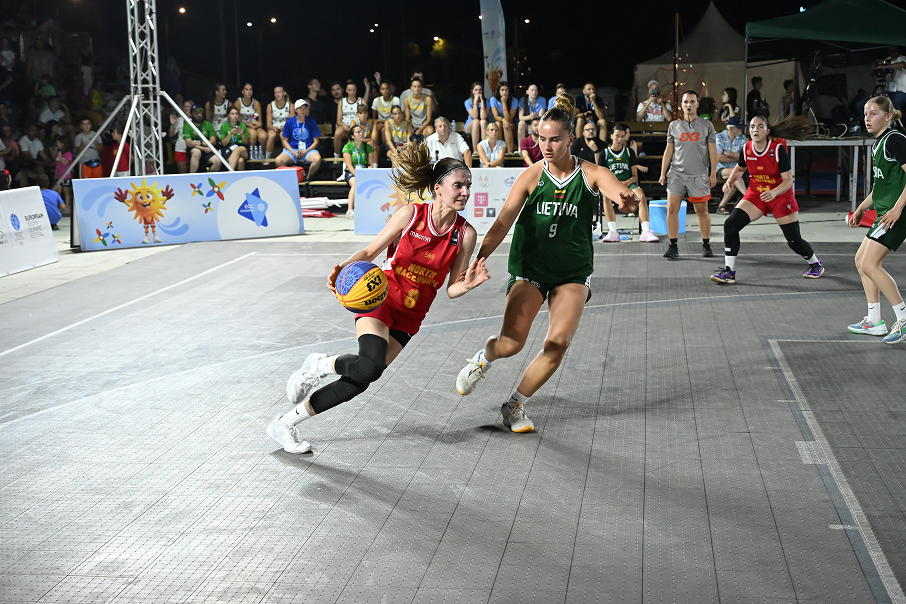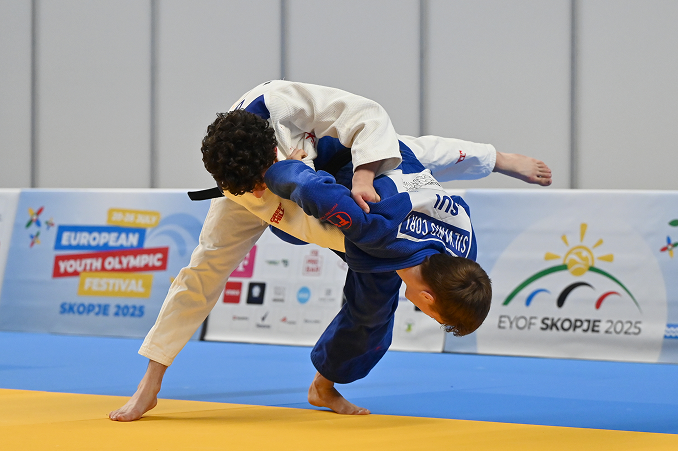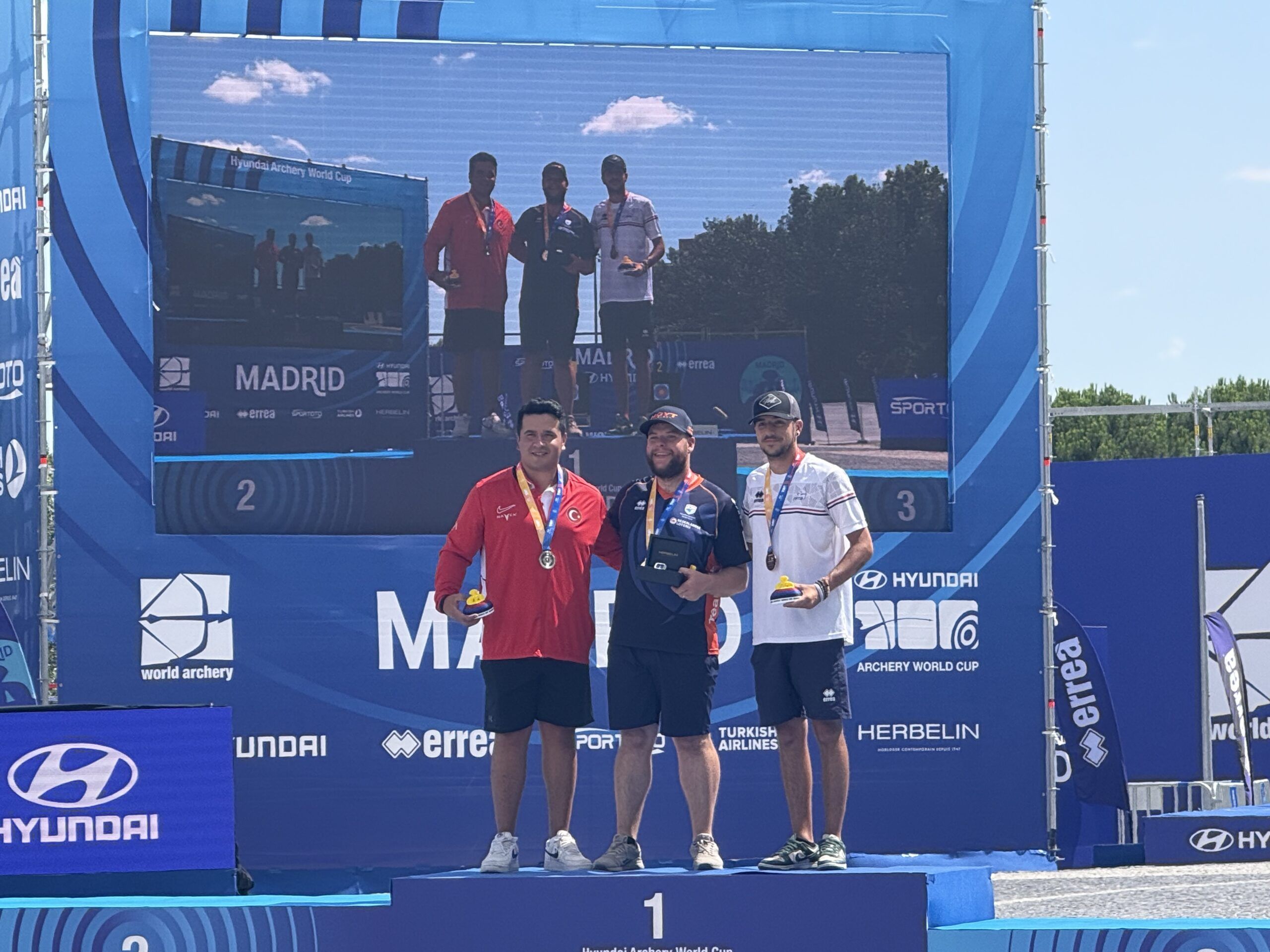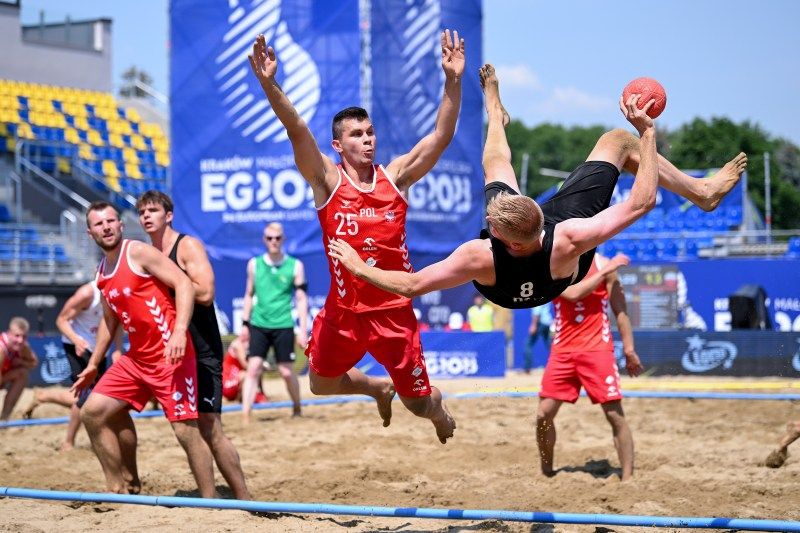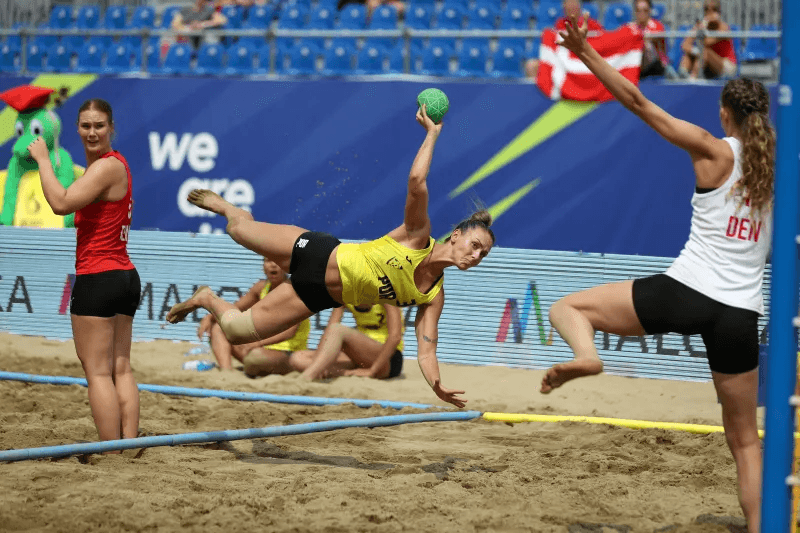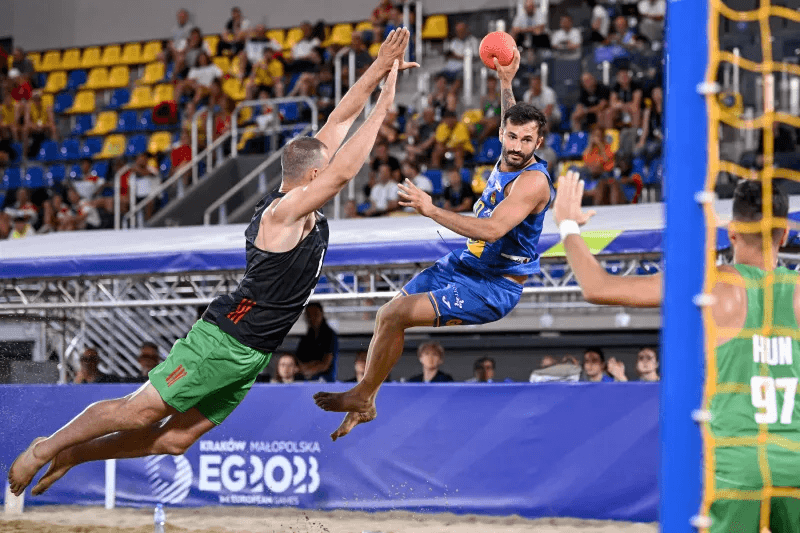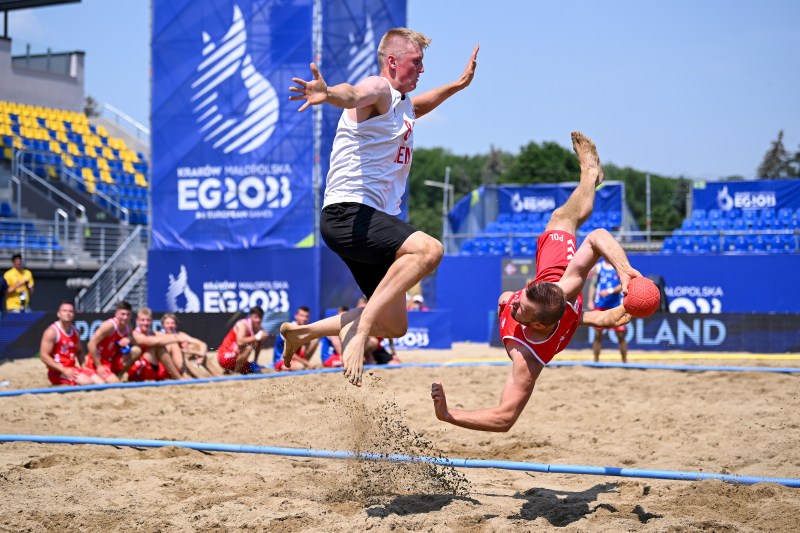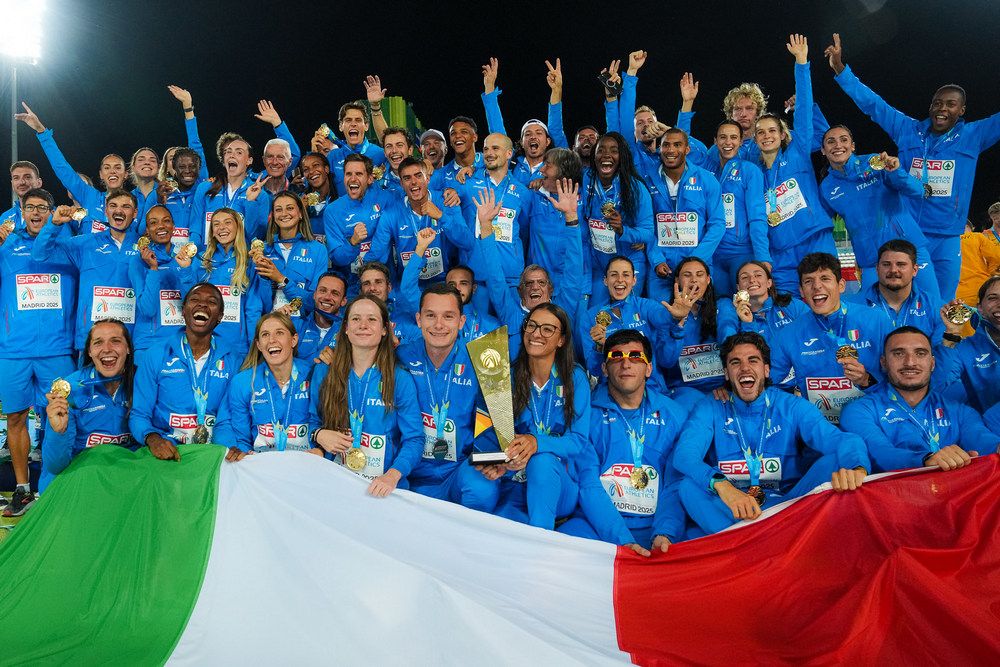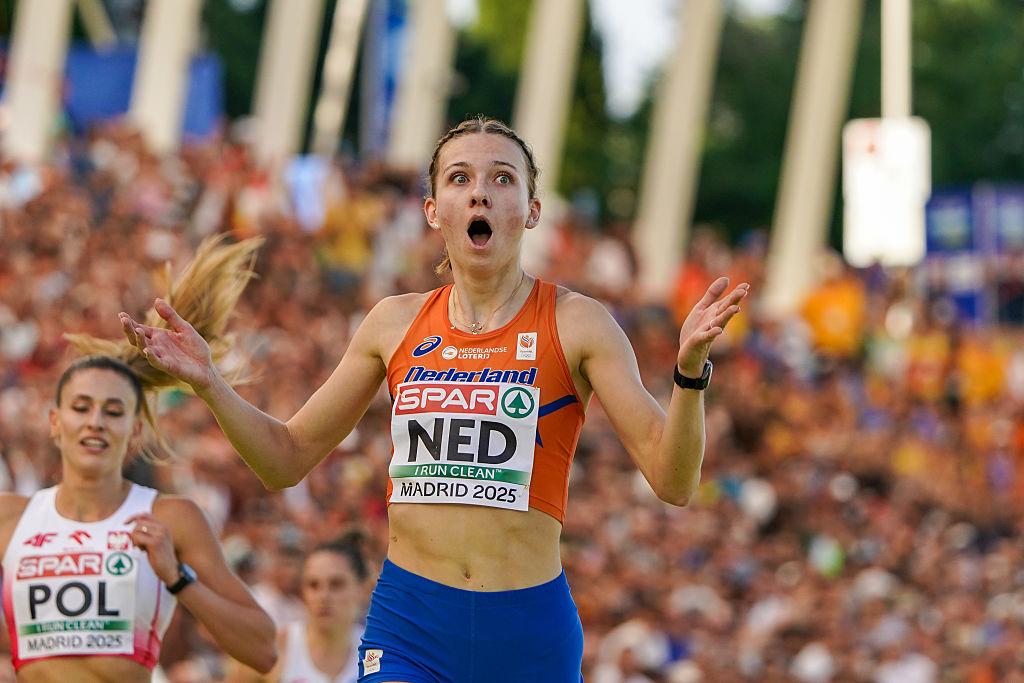Less than a year to Dakar 2026: Africa prepares to make history with the Youth Olympic Games
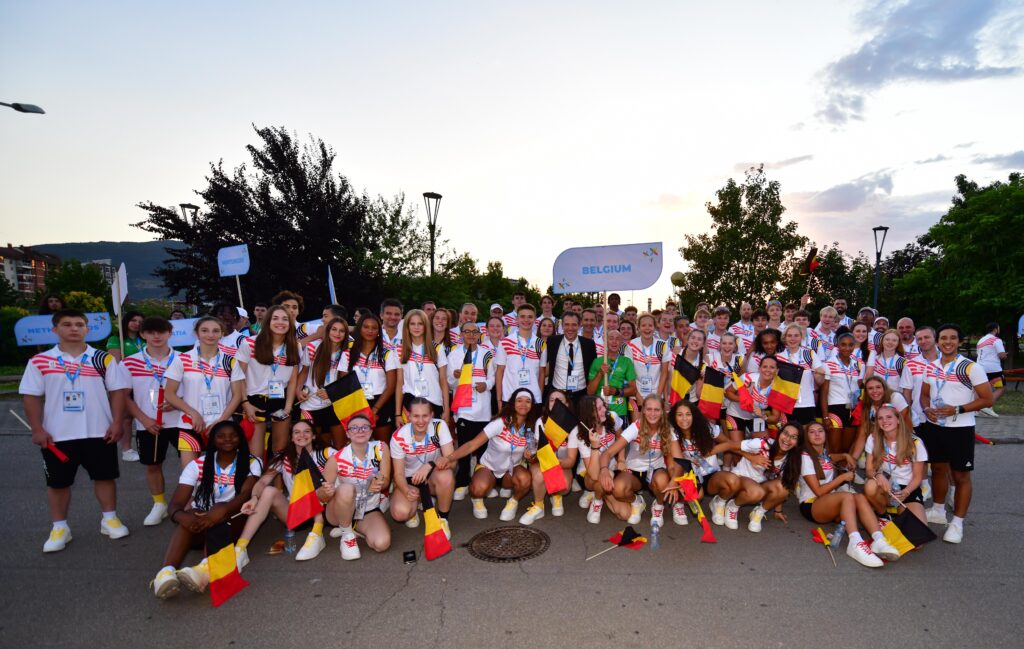
3 November 2025 | With less than a year to go before the start of the Dakar 2026 Youth Olympic Games, the countdown has begun for an event that will mark a turning point in Olympic history — the first-ever Olympic Games to be held on African soil.
Under the motto “Africa welcomes, Dakar celebrates”, Senegal is getting ready to host more than 2,700 young athletes aged between 15 and 18, who will compete across 25 sports and 151 events from 31 October to 13 November 2026.
🌍 Three cities, one Olympic dream
The Games will take place across Dakar, Diamniadio and Saly, three interconnected hubs currently undergoing rapid development.
The Stade du Sénégal in Diamniadio will serve as the heart of the event, hosting the opening ceremony and most athletics and team sport competitions.
On the coast, Saly will welcome emerging disciplines such as coastal rowing (Beach Sprints) and surfing, while central Dakar will come alive with breaking, basketball 3×3 and sport climbing.
🏅 A youthful, balanced and diverse programme
The International Olympic Committee (IOC) has confirmed Dakar 2026 will maintain its inclusive spirit, ensuring full gender equality and introducing new disciplines designed to resonate with younger audiences.
Sports such as breaking, skateboarding and sport climbing will share the stage with Olympic classics including athletics, swimming, judo and rugby sevens.
In addition, the programme will feature 10 “mobilisation sports”, non-medal events aimed at encouraging local participation and spreading the Olympic spirit beyond competition.
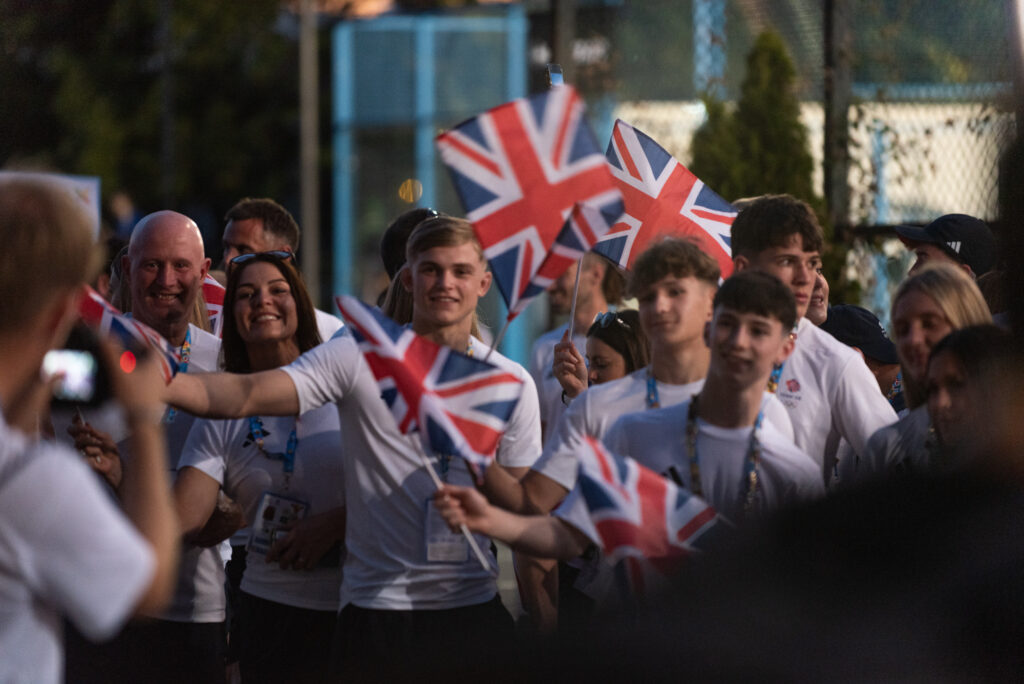
🏗 Preparations progressing steadily
Preparations are advancing according to the master plan approved by the IOC and the Senegalese Organising Committee.
The Venue Master Plan has been finalised, with new facilities and refurbishments designed to leave a lasting legacy:
- Modernisation of Iba Mar Diop Stadium in Dakar.
- Construction of a new international aquatic centre in Diamniadio.
- Major road and transport improvements linking the three host cities.
The President of the Organising Committee, Mamadou Diagna Ndiaye, said:
“Dakar 2026 will not only be a celebration of sport but an opportunity to showcase Africa’s talent and hospitality to the world.”
🧒 Beyond sport: legacy and youth
Dakar 2026 aims to go far beyond competition. Its legacy programmes include education, sustainability and youth training initiatives, with more than 400 young Senegalese currently being trained in event management and sports administration.
The concept of “Teranga”, Senegal’s renowned culture of hospitality, will be a defining feature for athletes, volunteers and visitors alike.
⏱ The clock is ticking
During the “One Year to Go” celebration held in October, organisers unveiled the official mascot, Ayo — a young lion symbolising the energy, optimism and strength of Africa’s youth.
The event featured live music, traditional dance and heartfelt messages from aspiring Senegalese athletes dreaming of competing on home soil.
🗣 A global celebration of the future
With just 12 months to go, the Olympic spirit is already palpable across Africa. The Dakar 2026 Youth Olympic Games promise not only a world-class sporting spectacle but also a powerful message of unity, equality and hope.
📅 Dakar 2026 at a glance
| Key Facts | Details |
|---|---|
| Dates | 31 October – 13 November 2026 |
| Host cities | Dakar, Diamniadio, Saly |
| Athletes | 2,700 (aged 15–18) |
| Sports | 25 core + 10 mobilisation disciplines |
| Events | 151 (72 men’s, 72 women’s, 7 mixed) |
| Mascot | “Ayo”, the young lion |
| Motto | Africa welcomes, Dakar celebrates |
| Host country | Senegal |
